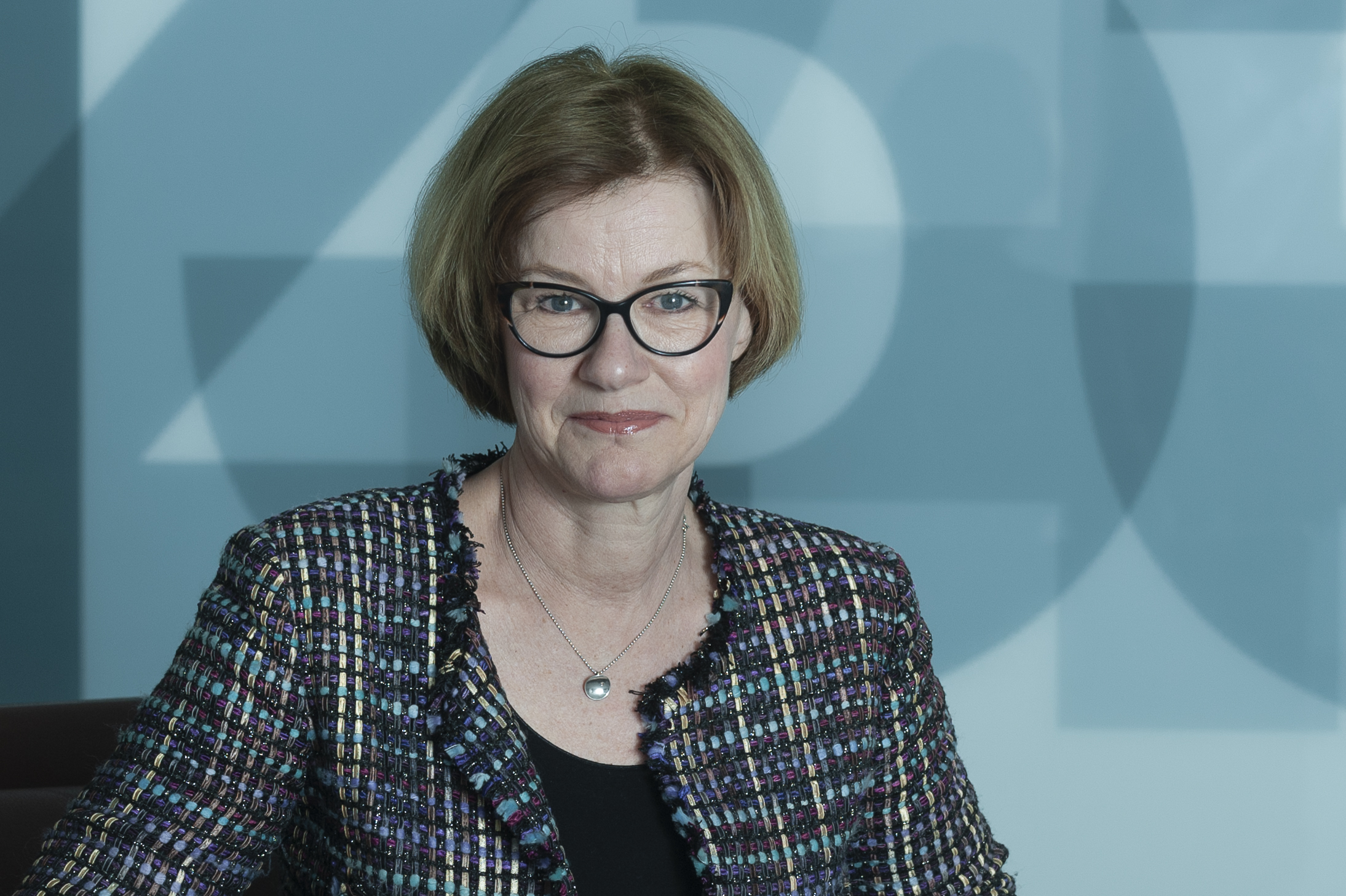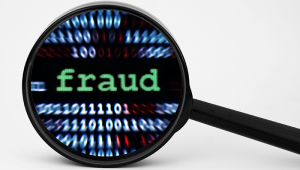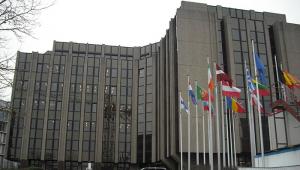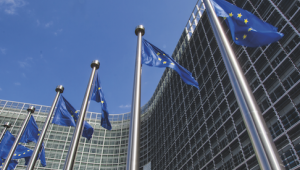This week, the European Court of Auditors hosted the first EU high-level forum on sustainability reporting, entitled ‘Trust, transparency and the role of auditors’.
Together with agenda setters and key players in the public and private sectors, we examined current developments in sustainability reporting and how audit can support transparency and confidence in the information provided.
The way in which public authorities, companies and organisations report on their activities and present their results plays an important role in achieving the Sustainable Development Goals (SDGs).
It is against this backdrop that, as the member of the court responsible for our recent review of sustainability reporting and presiding the forum, I saw it as an ideal platform for a wider debate on how non-financial information complements financial statements to provide the information necessary for making informed choices and decisions.
Let us start with two misconceptions.
The first is that the SDGs apply only to countries far away. They do not. Sustainability starts at home.
'The way in which public authorities, companies and organisations report on their activities and present their results plays an important role in achieving the Sustainable Development Goals (SDGs).'
The other idea we need to move away from is that sustainability is just about the environment. It is not. It is just as much about economic and social sustainability as it is about the environment.
There is also a growing recognition that sustainability risks can also be financial risks.
Investors want to assess their exposure to financial risks. Today’s consumers and tomorrow’s voters are voicing increasing demands to businesses, organisations and governments about how they implement sustainability and achieve sustainable development goals.
It is against this backdrop that, as the reporting member of the court for our most recent review of sustainability reporting by the EU institutions and agencies, I saw the forum as an ideal platform for a wider debate on how non-financial information complements financial statements to provide the information necessary for making informed choices and decisions.
At the forum, we heard from a vocal young generation who want Europe to lead the way and who demand credible information on how the EU is delivering on its commitments to implement the SDGs and sustainability. At the same time, investors and other stakeholders highlighted the need for sustainability reporting to provide a reliable basis for decisions and for holding organisations to account.
Reporting on non-financial information is not a new topic. However, questions remain as to whether the information can be trusted and what role auditors should play. One of the key questions in this context is about materiality. Does the management report on the material aspects of an organisation’s sustainability? How can we avoid the risk of green-washing or SDG-washing? What can the audit profession do to increase credibility and transparency?
Auditing sustainability matters a great deal, and auditors’ crucial role will be to test and verify the claims organisations are making about their sustainability. This matters for the planet, not just for the audit profession. This could be a risky business, in particular when we not only audit what is in the report, but also provide assurance with a view to materiality. A risk-averse approach might tend towards a long list of disclaimers of what an audit has not covered.
However, if we don’t engage fully in non-financial reporting, the audit community will soon start to question our added value. An expectation gap between what we do and what consumers, investors or other stakeholders expect could quickly emerge.
We can see that robots are already doing more and more in financial audit. At the same time, auditing non-financial information will become more important. This a challenging area to be involved in, and it should make our profession even more interesting. This will require auditors to adapt and learn new skills.
Let’s continue the discussion.
Eva Lindström was responsible for the ECA’s recent review of sustainability reporting by the EU institutions and agencies.















